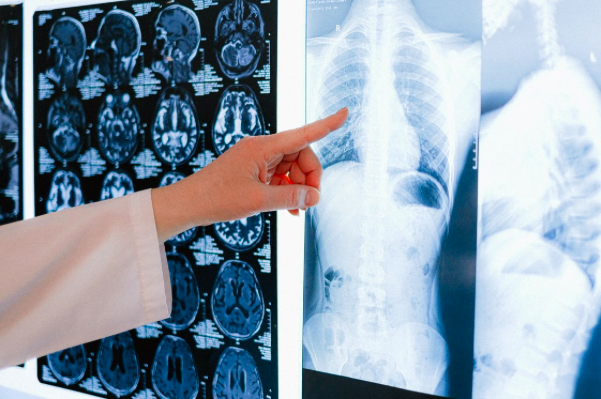by Sharon Jones
As expected with every aftercare procedure, self-care is a priority you should never take for granted. In most cases, these self-care tips work best when you have a support system willing to help you through the entire process. In the US, an estimated 22 million Americans are in some form of recovery - whether it’s from opioids, addictions, and other health conditions. It is a staggering figure that helps you realize you are not alone in that battle. Are you in need of some strategies as you embark on a recovery journey? This article addresses some information you may find useful.
Secure Your Finances
The first and the foremost thing you can do is reassure your financial situation. An attorney, like https://lawtx.com/areas-of-practice/medical-malpractice/brain-injuries/, could be a necessity to help you recover money owed to you when the accident is no fault of your own and bills need to be paid. Being in an accident, especially, can leave you with mounting dues in medical expenses, possible repair costs, and whatnot. Perhaps, you would even have to lose your employment for a few weeks. Certainly, you need to figure out your finances first. Talk to an attorney or your insurance provider to help you get out of this financial crunch. Or you can find more here to understand how you can even claim for your financial losses from the other party, if they have been negligent and caused you injury or sickness in the first place.
Establish Daily Routines
A daily routine does not mean a regimented system with orders barked by stern instructors. Naturally, the human brain does well with patterns and helps people get settled into a cycle of habits. Perhaps, you may want to practice a routine for twenty-one days to determine if that doesn’t help create a process you automatically remember to keep up with. It is why habits are hard to break. Moreover, establishing a daily routine enables you to soak it up into your subconscious mind and gives you better willpower to continue. Besides, it is an excellent way to take care of your mental health.
Regular Exercise
Aside from its physical benefits, exercise helps relieve depression and anxiety. It also enables you to establish a better sleep pattern beneficial to the rest of your body. You have more energy to channel into other helpful activities, which help take your mind off whatever medical condition you may be recovering from. Besides, exercising helps release Dopamine (feel-good hormones) in the brain, which better relaxes the body, makes you calm, and improves your mood. In this case, exercises such as resistance training, cardio runs, or weights may be helpful.
Engage with Your Social Network
It is unhealthy to be alone and isolated from the people you love or generally from a social network. Situations like those prompt feelings of self-pity, negative memories, and worry about your future. Therefore, stay connected with friends, family, and anyone else who fits into your support system. By doing this, you shut down negative thoughts that tend to grow roots and make your path to recovery even longer or stagnated.
Engage With Other People In Recovery
Sometimes, the best way to recover is to stay connected with other people, also in recovery. By establishing this network, you create a platform where everyone undergoing the same process can share ideas, fears, strengths, and weaknesses. The bond you create with them has the potential to bolster self-confidence and a faster recovery process. Perhaps, this is where it helps to say, ‘a problem shared, is a problem half-solved.’
Engage With A Legal Expert
There may be a legal aspect related to the injury you acquired. Issues such as insurance claims need a legal expert to assist you in making claims the right way. Furthermore, if you and some group members are recovering from personal injuries due to an external party’s negligence, you could decide to contact Golden Law Office for legal assistance. They have a team of experienced personal injury lawyers who can confidently handle your case. They also have a high success rate in recovering personal injury claims for victims.
The path to recovery can be intense and slow. However, you will get back in shape if you stay on course. It is not a period to wallow in self-pity or any other negativity that has the potential to draw you back from your set target(s). Allow your support system to offer every kind of help that may be essential to your recovery. If you desire any further assistance, be specific with what you require from them.


